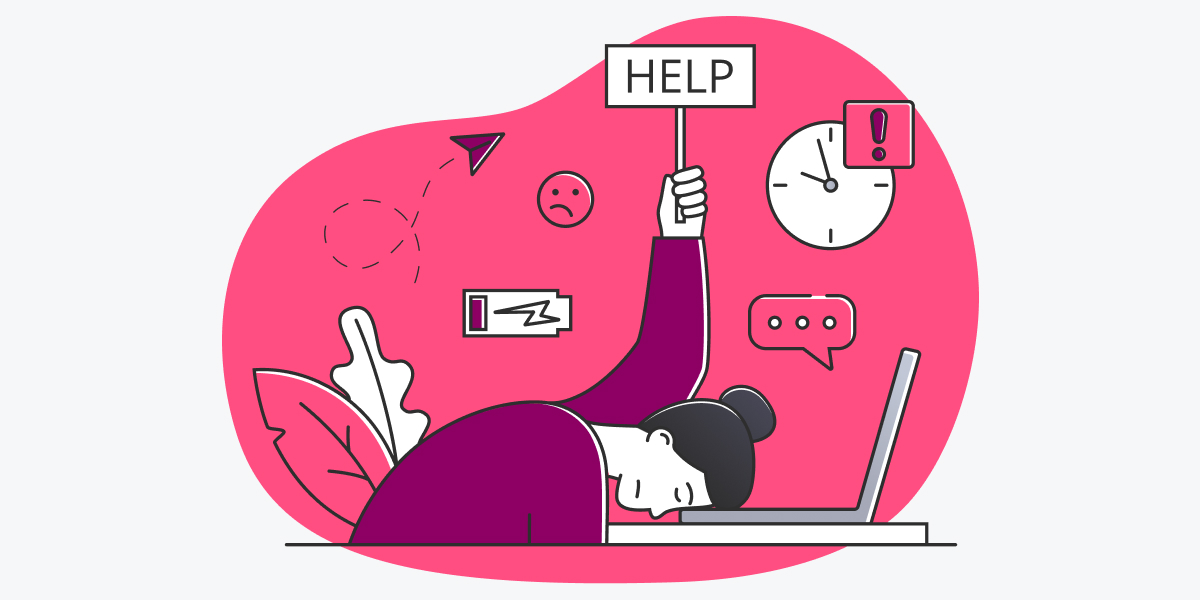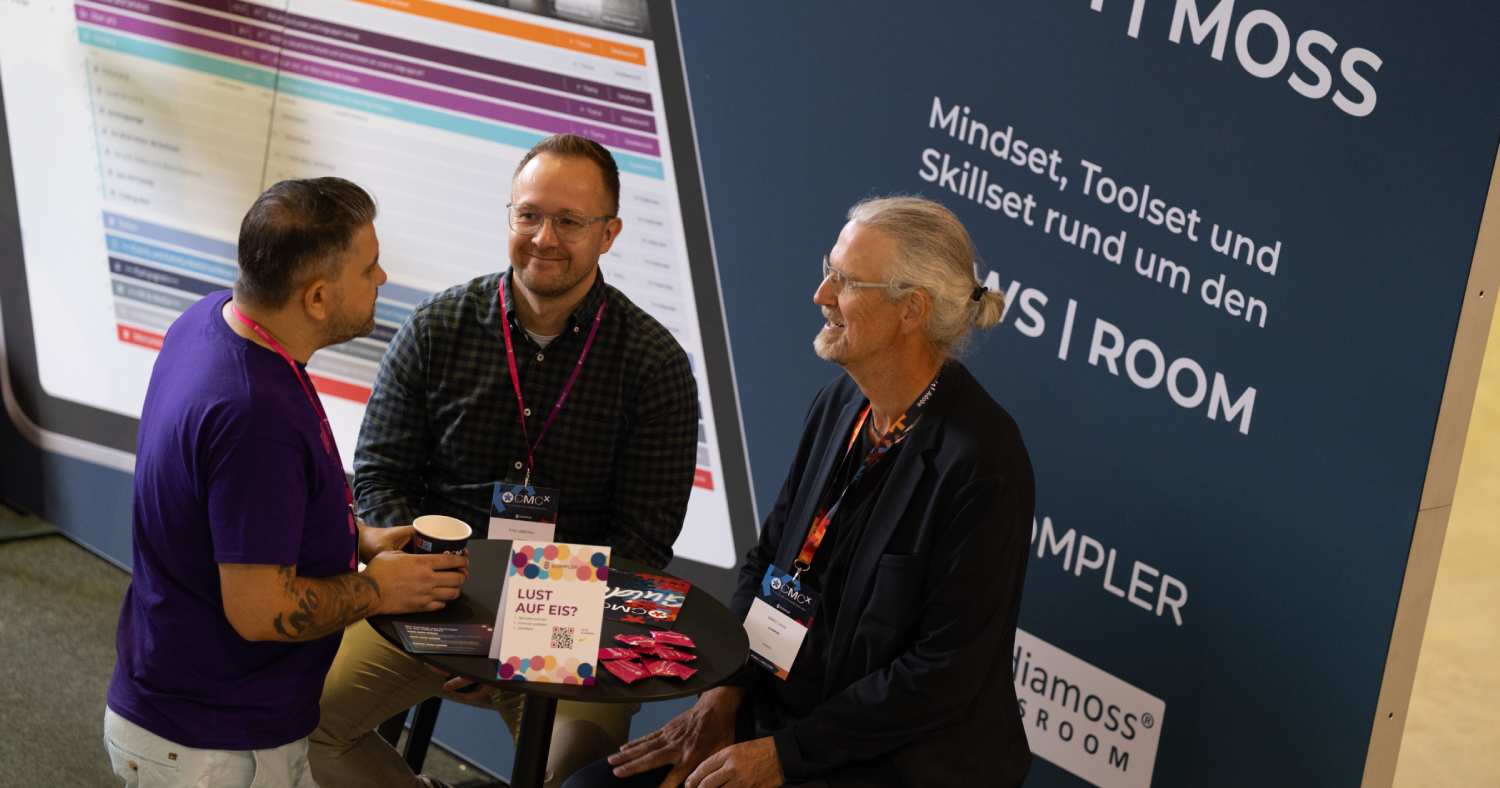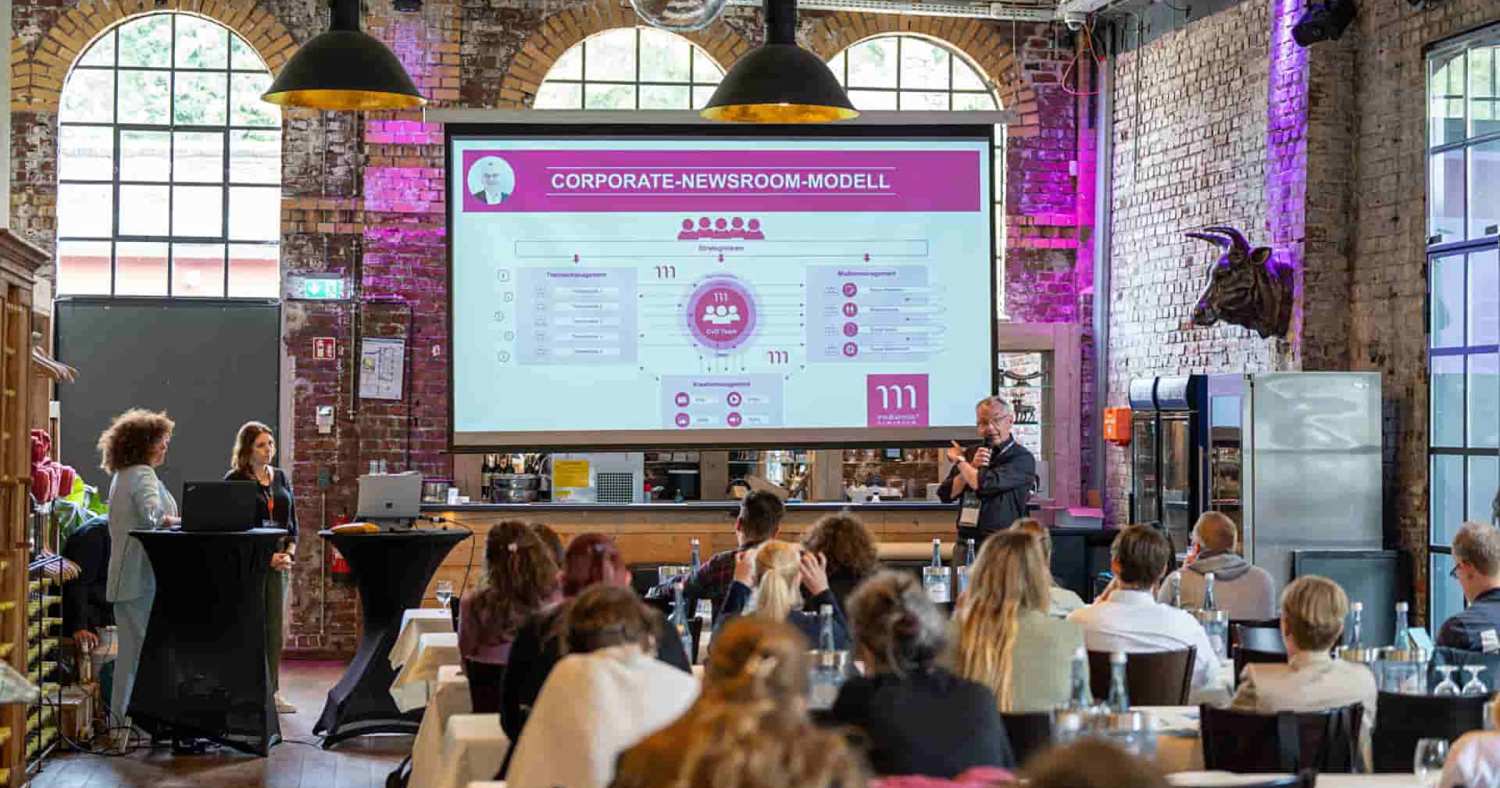
The advertising industry is in crisis. More and more people are ignoring them, switching them off or tuning them out. And the more this happens, the less advertising wants to accept that someone is not interested in it. But instead of adapting to people, it behaves like a drunken bully. It becomes impertinent: ever louder, ever more intrusive and ever more annoying. That's stupid and bad. But there are alternatives.
Imagine a woman who walks into a café. Let's call her Stefanie. Stefanie is in a good mood, just wants to have a coffee, go online, check Facebook and so on. The café has free WiFi and she wants to see what's new in the world after a hard day. She orders her coffee, sits down comfortably and starts surfing... And then he arrives. He sits down right next to her at the table. She checks him out briefly but then pays him no further attention... not her type. He wants her attention, hisses a quick "ks, ks".
She doesn't react. Then a "Hey!". Stefanie still doesn't react. Then even louder: "Hey, baby, look!". Stefanie looks up, smiles a little pained, then looks at her tablet again and turns away a little. She doesn't want to reject him, but her body language is clear. But he doesn't let up. He becomes more and more explicit. He doesn't just want to be nice, to please her - he wants something from her. In concrete terms. And that slowly makes Stefanie uncomfortable. She turns away from him completely, she still doesn't want to offend him. To no avail.
Finally, she gets up and goes to another table. Away from him. But he's not interested at all. He follows her, goes to her table, sits down in front of her, bumps into her. When she clearly tells him that she's not interested in him, he makes fun of her, saying that he has a right to do so, after all, there's free WiFi in the café and he's sponsoring it... When she looks to the café owner for help, he turns away. He's not protecting his guest. He has to make a living, he says. And he makes the most money with the bully...
Advertising offer with editorial inserts
And somehow it's exactly the same with this "ad" at the bottom. And the same pop-up that pops up again and again on every page. And the retargeting that would even follow me to the toilet. The Spiegel online site is becoming more and more like an advertising site with editorial ads. It's loud, it screams at me. It forces me to pay attention, it is impertinent, intrusive and impertinent. And I have no chance of avoiding it. Yes, Spiegel online has to make a living. And I understand that too. But I'm also a guest. And there are limits to that somewhere.
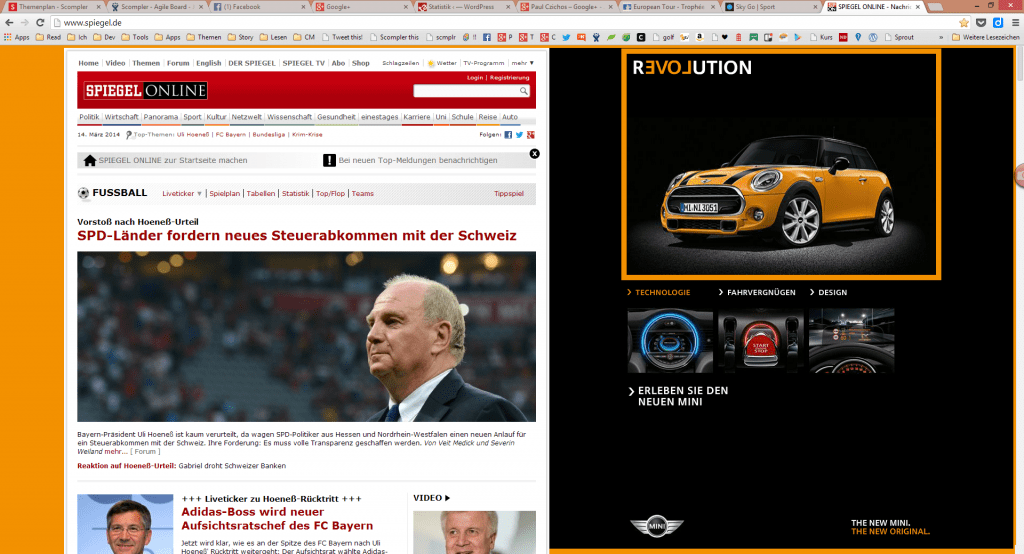
"Advertising offer with editorial insertions"
Above all, I actually like advertising. It interests me, it often gives me pleasure. I like to be inspired, and I also like to shop. Thank goodness I'm not poor either, so I can buy something spontaneously here and there. So I'm actually the advertising industry's dream. But I'm not an idiot either. I know what interests me and what doesn't. And I want her to accept my "no". Like Stefanie: on a different day and in a different way, she might have talked to the guy. And maybe she would have been wrong and he is nice after all. But after this?
Behavior of drunken louts with a testosterone boost
The advertising industry behaves like a drunken bully who chats up women and simply ignores their lack of interest - especially online. Instead of accepting that she is not interested in him, he becomes more and more pushy, more and more active, makes himself bigger and bigger, literally shouts at her. The drunken bully has an excuse: The alcohol has probably clouded all his senses, his social skills have dropped to zero, his empathic abilities are switched off and the alcohol-induced testosterone boost takes care of the rest. But the advertising industry doesn't have that excuse.
"Advertising often behaves like a drunken bully who hits on women "Mirko Lange
They do it on purpose. How stupid do you have to be to think you can arouse someone's interest by shouting at them? No, you can't. On the contrary. At some point, the woman stands up and either punches the bully in the face or pours her glass over his face. And rightly so. Well, or install a bully blocker. It doesn't exist in real life - but it does online.
But the media also have to make a living!
And now you can ask: Is that louder? Is that allowed? After all, the media have to make a living. Or to put it another way: if the woman is already using the free WiFi, then she also has to accept advertising. Yes, that's fair. "Accept advertising". But being mobbed by bullies? Are the media and the advertising industry not aware of the realities? Is there anyone left on TV today who doesn't zap away within 2 seconds when the commercial breaks? Or even faster? That doesn't work. It makes no sense at all to "get on the reader's nerves". If they're not interested, yelling at them is useless.
Advertising must learn to recognize when someone is not interested - and then accept that!"Mirko Lange
So the simplest solution would be to place more unobtrusive advertising. Facebook does this quite well. It's there. It doesn't really bother me - and yet I notice it from time to time, then I notice it, and then I click on it. That's how the brain works. It's called selective perception. And why don't the media simply offer me the opportunity to evaluate advertising? Facebook shows us how it's done. It goes so far that I can click to say that I no longer want to see this particular advertisement. Or why doesn't Spiegel Online offer a freemium model? I'm happy to pay a few euros if I can see articles on spiegel.de without advertising.
What are the alternatives?
The alternative is for the media to start understanding their readers. That the media start to anticipate the user's interests. In other words, to only show them intelligently what interests them. Facebook has already made a good start. They are far from perfect, but they are making an effort. Personally, I am also willing to provide my data so that I only receive advertising offers that interest me. This is also the only feasible way - because Mini, for example, will never get me to buy a Mini in my life. They can "shout" at me for as long as they like. The only effect is that at some point I won't buy a BMW either - revenge, so to speak, even though BMW would actually suit me well. But I don't want to have anything to do with such bullies. They're no longer special enough for that.
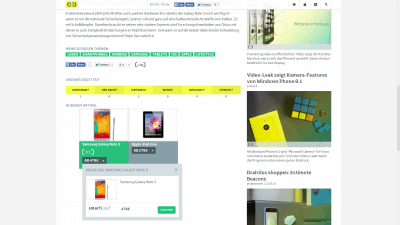
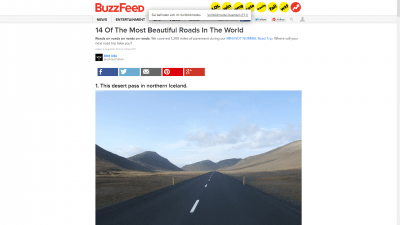
There are already good examples
But there are already some good examples. Curved.de, for example, does it quite cleverly. This is the "native advertising platform" from E-Plus. You could say that. So E-Plus finances the platform, it looks independent, everything is editorial, and the advertising is cleverly integrated. Curved reports on products, and below the products there is a "Products discussed in this article" box. This doesn't look like advertising - and, incidentally, is not blocked by the adblocker. And when you click on the product, a pop-up appears with a link to an E-Plus store. Techlab, a video magazine from Saturn Hansa, does something similar. The principle is the same: A neutral, editorial offer (in "YouTuber style") in which, among other things, products are presented, and in the description there is a link to a store.
Mini USA shows how it can be done!
Another example is Buzzfeed, where, interestingly, Mini is doing it right: they have their own channel - again with editorial content - and it's not about the products, but about topics. "Around product, not about product", as Brian Solis always says. The theme is #mininotnormal, it's about "not normal" and Mini shows "The 14 most beautiful streets in the world", for example. That's really good content. It's interesting, it's fun to look at, and it's also in keeping with the Mini brand. It conveys the experience that you should have with a Mini. And underneath is a promotional video. Underneath. So if people are prepared. In the article above, the video has been clicked on 700,000 times. In 7 months. So 100,000 times a month. That's not huge. Not compared to the "reach" generated by a banner ad. But everyone who has watched the video is interested. And below the video is the link to the Mini brand page.
P.S.
I have noticed that some people take the headline as if I were saying that the entire advertising industry is stupid. That is not the case. What I'm saying is that the phenomenon I'm describing here, that advertising is so intrusive and impertinent, is stupidity (on the part of the advertising industry). The fact that I explicitly say (several times) that I think advertising is good and important may serve as proof of this.

